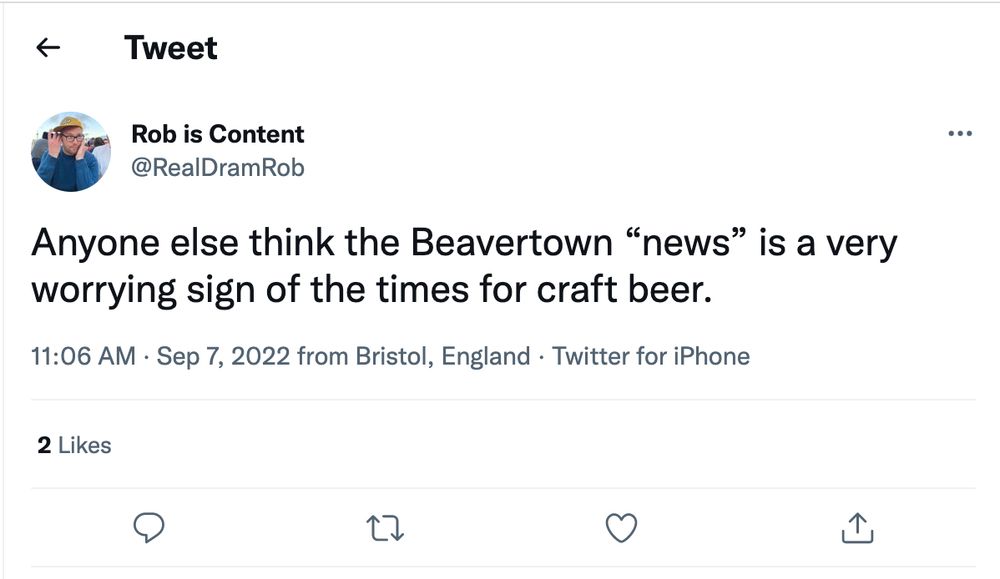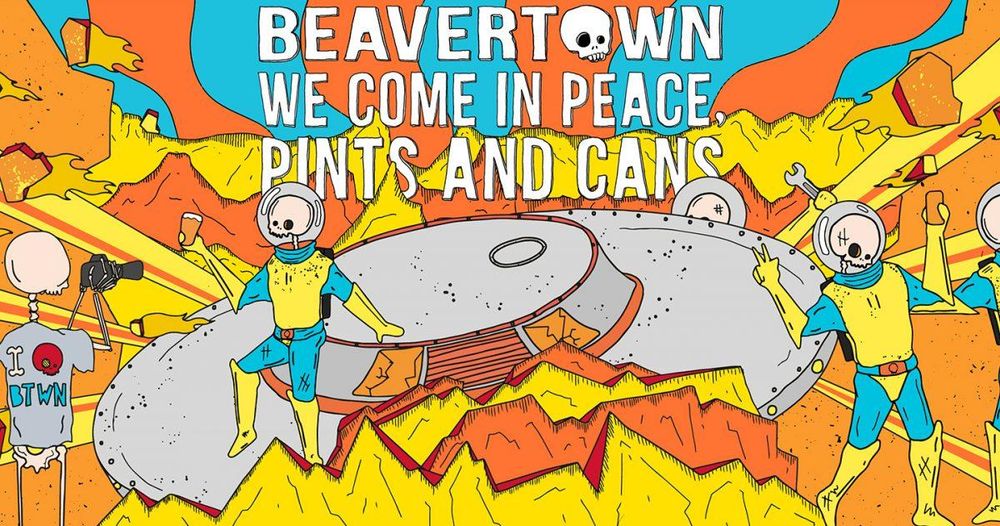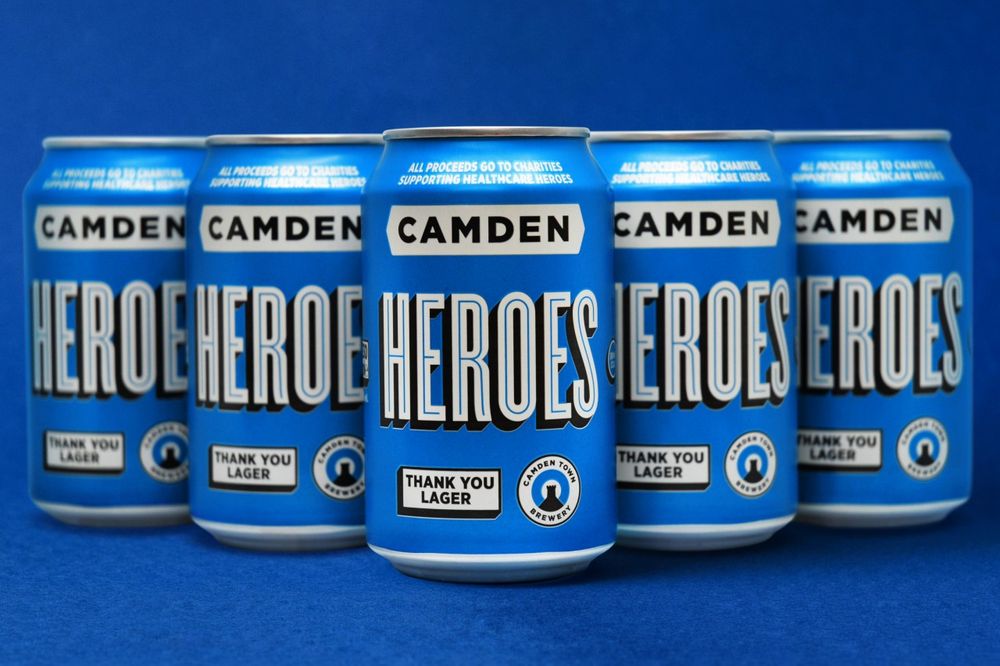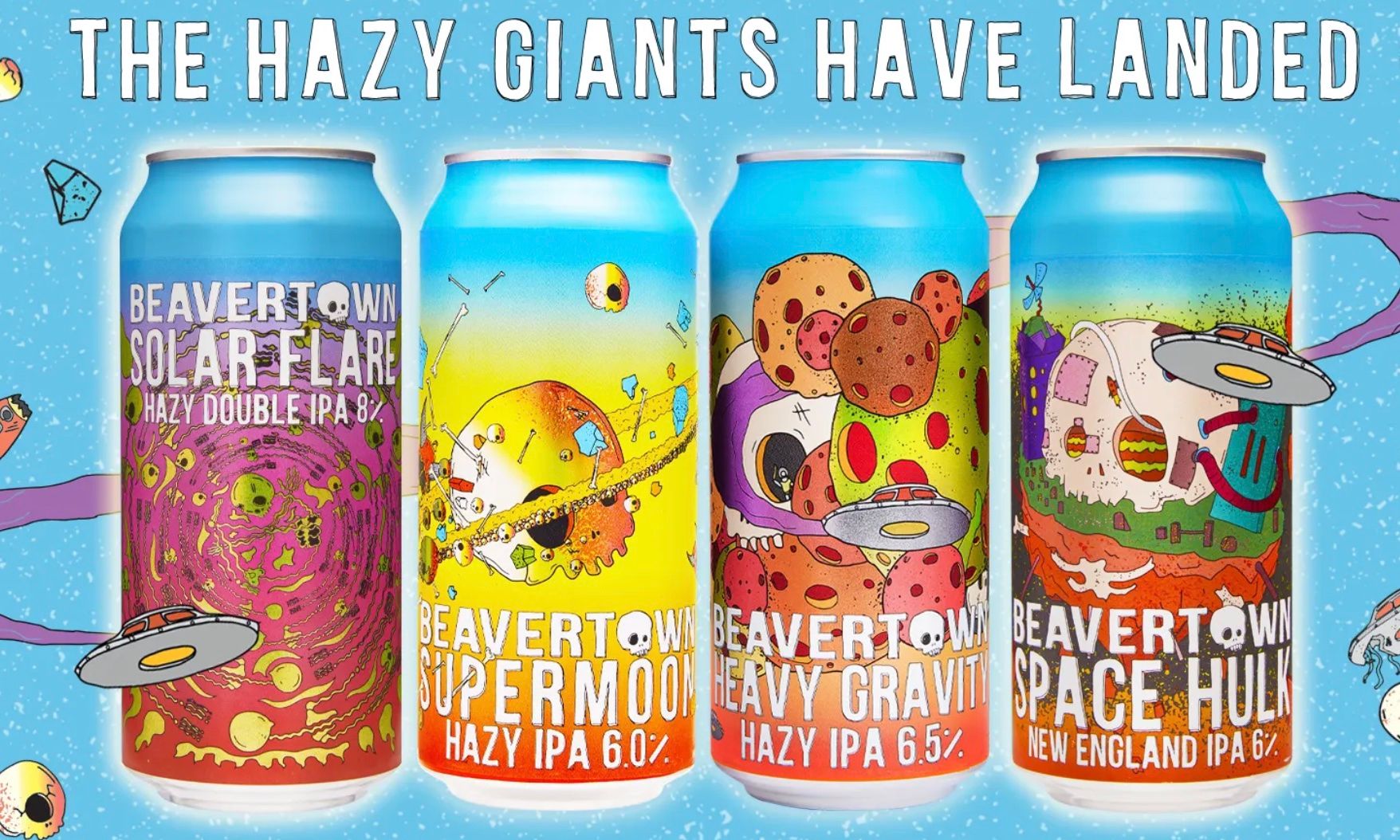“Small note to any brand owners out there, drop the ‘we will never sell’ trope from your marketing comms please” is the advice of drinks marketing expert, Dan Hooper, of YesMore agency.
Earlier this month Heineken, which had previously owned a 49% stake in Beavertown Brewery, announced it has now purchased the remaining 51% of shares, making the giant the sole owner and operator of the brand.
Outcries on Twitter from beer lovers range from it being a “worrying sign of the times for craft beer” to “another ‘craft’ brewery taken out by the big boys” with one, soon to be ex fan of the brand saying: “Obviously Heineken have part owned Beavertown for a while but now they have 100% control expect to see recipe changes. They did that with Lagunitas, turning an excellent lager into drain water.”

Big brewers buying up craft beer brands has become a growing trend – not always to the pleasure of craft beer drinkers
As alluded to in that quote, with the acquisition of the other half of Lagunitas in 2017, Heineken now has a firm foot in the door of the “craft” (whatever that now means) beer world.
They’re not the only ones. Sapporo USA has recently completed its buyout of Stone Brewing Co. Which was met with a much wider backlash due to the brand’s rigid stance of “never selling out”. Small note to any brand owners out there, drop the “we will never sell” trope from your marketing comms please, especially if you do indeed plan on selling at any time in the future.
These sales have been hitting the headlines for over a decade now, yet are still inspiring many beer loving hobby brewer/entrepreneurs. Research from a national accountancy firm conducted last month stated that 200 new brewing licenses were issued in the UK between March 2021 – March 2022, bringing the total number of active licenses to 2,426.
While the emphatic rise of the craft brewery over the last decade or so has been impressive (and still increasing YoY) there are signs that it’s now starting to slow. With the growth in the number of breweries in the UK decelerating from 17.7% in 2018/19, to almost half that at 9.1% in 2021/22 according to HMRC. Though like most data during that time, it’s worth noting the global pandemic could be to blame here.

Beavertown captured the imagination of craft beer drinkers with its left field advertising – but can it keep that appeal under Heineken’s control?
Challenging market
In my opinion as a beer marketer, this leveling out of new breweries is less a case of craft beer falling out of fashion, and more to do with just how challenging, competitive and problematic operating in the beer industry is. There still seems to be an appetite for people to want to launch new beer brands and for consumers to drink them, but it’s not an easy time to be brewing beer in the UK for a multitude of reasons.
Barley and CO2 shortages due to the war in the Ukraine, increasing cardboard shortages throughout all of the UK and pub closures play a big role in making this a tricky industry for fast growth. Not to mention the cost of living crisis and the damage caused by Brexit. For me it’s these problems that are the major barriers to any craft beer brands growing big and selling in the next few years.
Many existing breweries have stated that Brexit has made it almost impossible to sell via export, and there looks to be no sign of this becoming easier any time soon. Because of this, on and off-trades will want beer options that are made and distributed within England. Not to mention many on-trade locations will literally be struggling to keep the lights on this winter. Nick Mackenzie, the head of the Greene King pub chain, said one of his locations reported energy costs had gone up by £33,000 a year.
This combined with customers watching their wallets due to the same cost of living crisis, breweries who are able to produce cheap and transport small distances within the country will be more vital now than ever.
Volumes of scale

Camden Town saw a large number of its senior management team leave on the back of its buy out by Anheuser-Busch InBev in 2015
The tough news is, it doesn’t matter how close your brewery is to your on-trade and off-trade accounts, or even if you brew by candlelight,your micro outfit will struggle to produce beers at a cost per unit to that of the big brewers. With many being more conservative with their cash over the next 12 months, we could see punters reverting back to something more affordable.
For new and existing breweries one route could be to brew beers that are tried and tested in bulk. Brands who co-own and collab brew together seem like a good fit for economic times ahead, and restraining yourself from brewing small run, limited editions that might not go down well in market could be the bitter pill to swallow for the short term. The creativity of brewing a Banana Cream Berliner Weisse isn’t lost on me, but convincing locals on a budget to fork out on something from the norm could be a tall order.
Having said that, it’s known that in hard times people look to have a bit of fun and excitement, something to pierce through the dreary day to day. So could a brewery taking risks be more important now more than ever?
All in all, the UKs craft beer scene is still in growth and still a place to dream big, but as recession looms and everyone from the consumer to the big brewing corps look to mitigate risk I sense this might be the last big brewery purchase for the short term.
But trust me, that door will never fully close. Maybe by proving you can still grow your brewery in these wild times, with everything against you, is the ticket to someday selling big… wouldn’t hurt if your Dad happens to be the leading member of a global rock band either.
- Dan Hooper is co-founder of the specialist drinks marketing agency, YesMore.






























